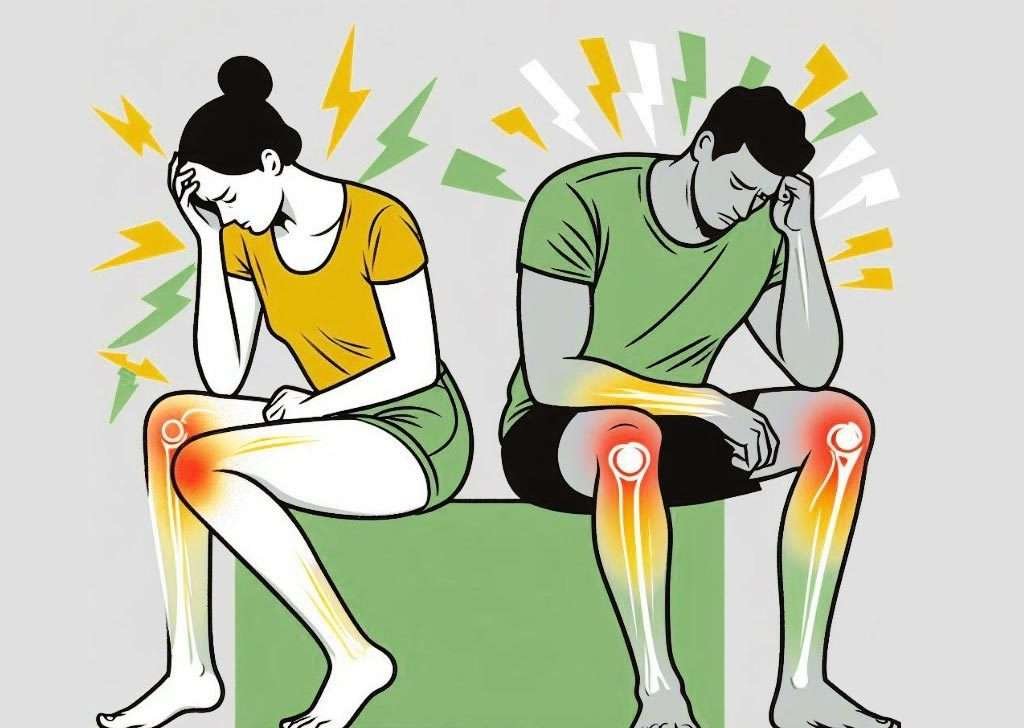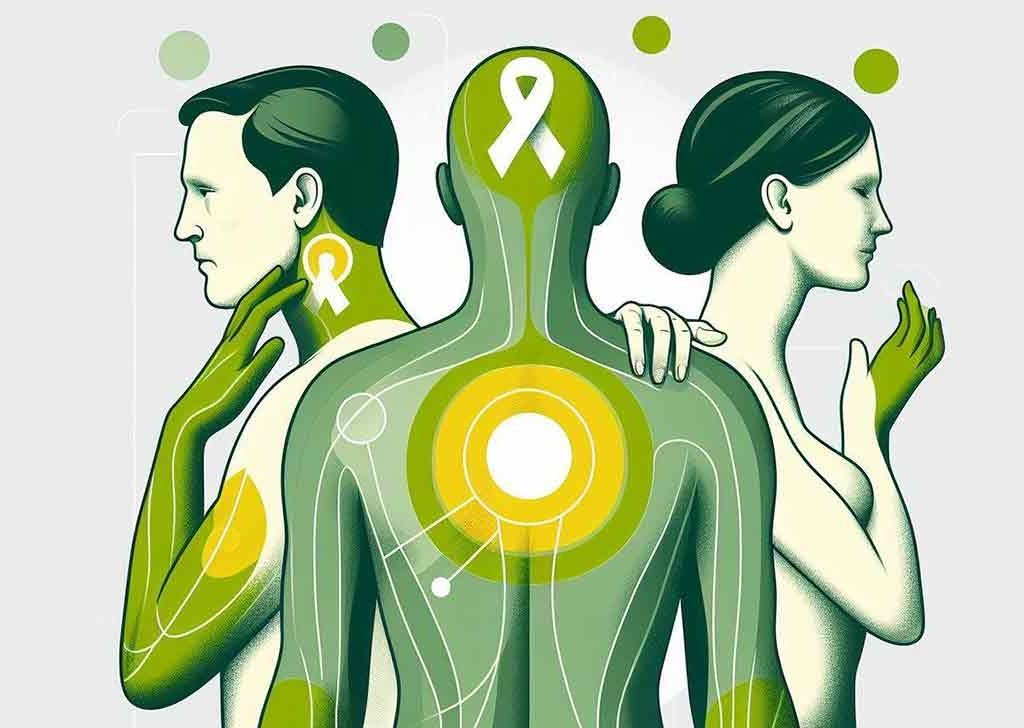The Fort Moore Army Substance Abuse Program (ASAP) is a comprehensive initiative designed to enhance readiness, reduce substance abuse-related incidents, and promote a drug-free Army. As of 2025, here are some key facts and updates about the program:
1. Program Purpose
The primary goal of Fort Moore’s ASAP is to strengthen the overall fitness and effectiveness of the Army’s workforce by preventing and addressing substance abuse. This is achieved through various prevention, education, and treatment programs.
2. Key Services Offered
- Prevention Education: ASAP conducts mandatory training sessions and workshops on the dangers of substance abuse, mental health awareness, and risk mitigation strategies.
- Drug Testing: The program manages regular drug testing for military personnel to deter drug use and ensure compliance with Army policies.
- Counseling and Treatment: Soldiers who test positive or voluntarily seek help are provided with counseling and rehabilitative services. Referrals are often made to behavioral health services for comprehensive care.
3. Alcohol and Drug Testing
Fort Moore’s ASAP follows strict random drug testing protocols. Commanders are empowered to order tests in cases of reasonable suspicion or post-incident evaluations. The goal is to detect and deter the use of illicit substances.
4. Confidential Support Services
ASAP offers confidential services to encourage self-referral for soldiers seeking help. Early intervention is critical, and those who voluntarily seek assistance are typically treated confidentially, without punitive measures, encouraging a proactive approach to health and readiness.
5. Community and Family Programs
In addition to services aimed at soldiers, Fort Moore’s ASAP also offers educational resources for family members to help them understand substance abuse issues and promote healthier environments at home.
6. Command Role
Commanders at Fort Moore are required to actively participate in the ASAP by enforcing policies, encouraging participation, and ensuring that their units are educated on the impacts of substance abuse on readiness.
7. 2025 Updates
- Increased Emphasis on Mental Health: ASAP now integrates mental health services more closely with substance abuse counseling to provide holistic care.
- Digital Outreach: With more online resources and virtual counseling options in place as of 2025, the program aims to reach a broader audience, including remote soldiers and family members.
- Community Collaboration: ASAP has extended partnerships with civilian health services and rehabilitation programs to provide additional treatment options and support networks.
For more detailed information on services or how to participate in Fort Moore’s ASAP, you can contact the program directly through their health services office at Fort Moore.
Sources:
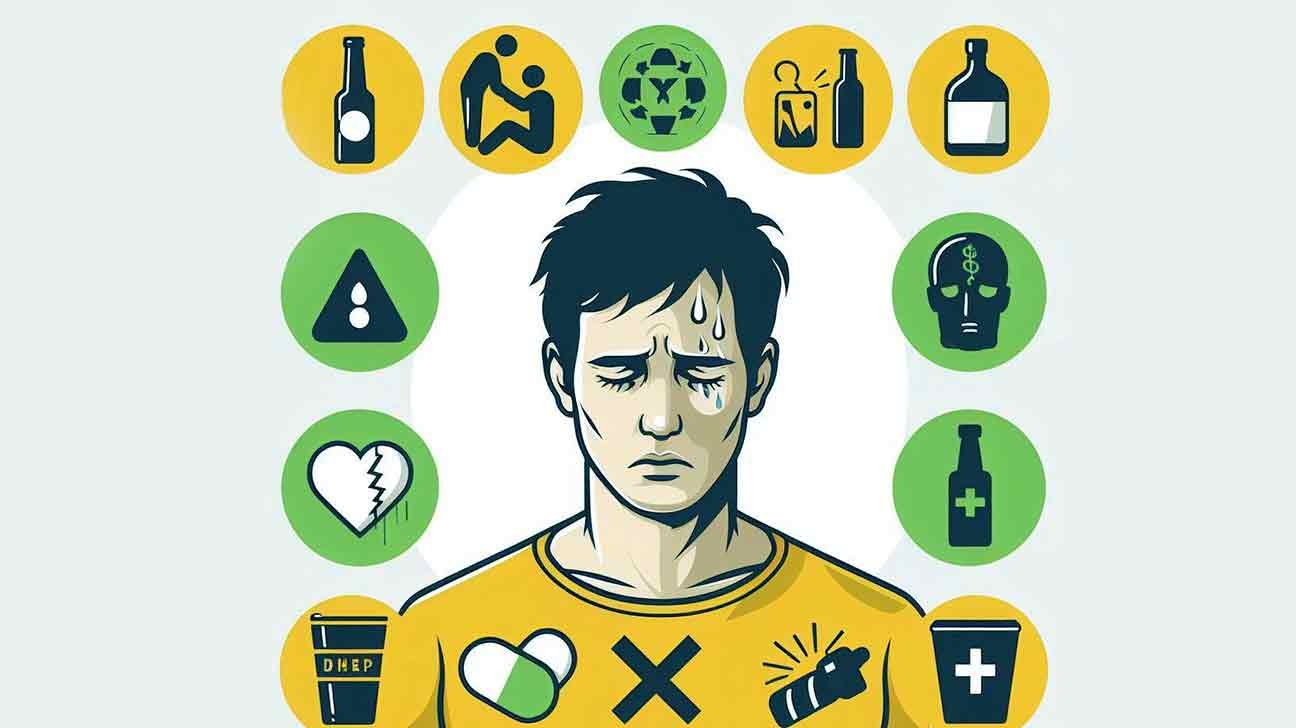
Substance abuse refers to the harmful use of psychoactive substances, including alcohol and illicit drugs. It can lead to addiction, health issues, and social problems.
Substance abuse signifies a critical public health challenge, impacting millions globally. It encompasses the misuse of alcohol, prescription medications, and illegal substances, potentially leading to physical dependence, mental disorders, and debilitating social consequences. Understanding the dynamics of substance abuse is essential for prevention and treatment.
Resources for managing substance abuse include counseling services, rehabilitation programs, and support groups, all aimed at fostering recovery and reducing the healthcare burden. Early education on the risks of substance abuse plays a vital role in prevention, while research continues to develop more effective interventions. Engaging content that resonates with individuals at risk or those seeking help is crucial for outreach and the promotion of healthier lifestyles free from the grip of substance abuse.
The Impact Of Substance Abuse
Substance abuse affects individuals deeply. Its destructive grip extends beyond personal health, impacting societies at large. Understanding these impacts is vital. It helps us grasp the full scope of substance-related challenges.
Health Effects
Abusing drugs or alcohol can lead to serious health problems. These issues range from mild to life-threatening. Below are key health effects caused by substance abuse:
- Brain Damage: Chemicals in drugs can harm brain function.
- Heart Conditions: Substances can weaken the heart and cause diseases.
- Liver Failure: The liver can shut down after processing too many toxins.
- Respiratory Problems: Smoking damages the lungs, leading to breathing issues.
- Infections: Sharing needles increases the risk of HIV and hepatitis.
These are just a few health problems from substance abuse. Many others can arise over time.
Social Consequences
Substance abuse does not only harm the user but affects their entire social circle.
| Area Affected | Consequences |
|---|---|
| Family | Strained relationships, neglect, and abuse can occur. |
| Work | Loss of jobs and decreased productivity are common. |
| School | Lower grades and higher dropout rates can result. |
| Legal Issues | Substance abuse can lead to arrest and legal troubles. |
| Community | Increased crime and medical costs can burden communities. |
These social consequences cannot be overlooked. They create ripples that affect everyone.
Commonly Abused Substances
Understanding the range of commonly abused substances can help us recognize the risks and effects they carry. These substances vary widely, each with its own potential for harm and addiction. Here is a closer look at some of the most prevalent ones:
Alcohol
Alcohol is a legal substance, but its abuse is widespread. Its effects can be deceiving as social norms often mask the dangers. Excessive drinking may lead to health issues like liver damage, heart problems, and addiction.
Tobacco
Tobacco products, including cigarettes and chewing tobacco, are full of nicotine. Nicotine quickly causes addiction. Smoking can lead to lung cancer, heart disease, and many other health problems.
Prescription Drugs
Prescription drugs, like opioids, stimulants, and benzodiazepines, are often misused. They may be taken in a way not prescribed by a doctor. This misuse can lead to overdoses, addiction, and even death.
| Opioids | Pain relief | Highly addictive |
|---|---|---|
| Stimulants | Increase alertness | Can cause rapid heart rate |
| Benzodiazepines | Reduce anxiety | Potential for dependence |
Illicit Drugs
Illicit drugs such as marijuana, cocaine, and heroin are illegal. These substances can alter mood, perception, and brain function. They pose serious health risks and can lead to life-threatening situations.
- Marijuana – Affects memory and judgment.
- Cocaine – Causes heart issues and mental effects.
- Heroin – Highly addictive with severe withdrawal symptoms.
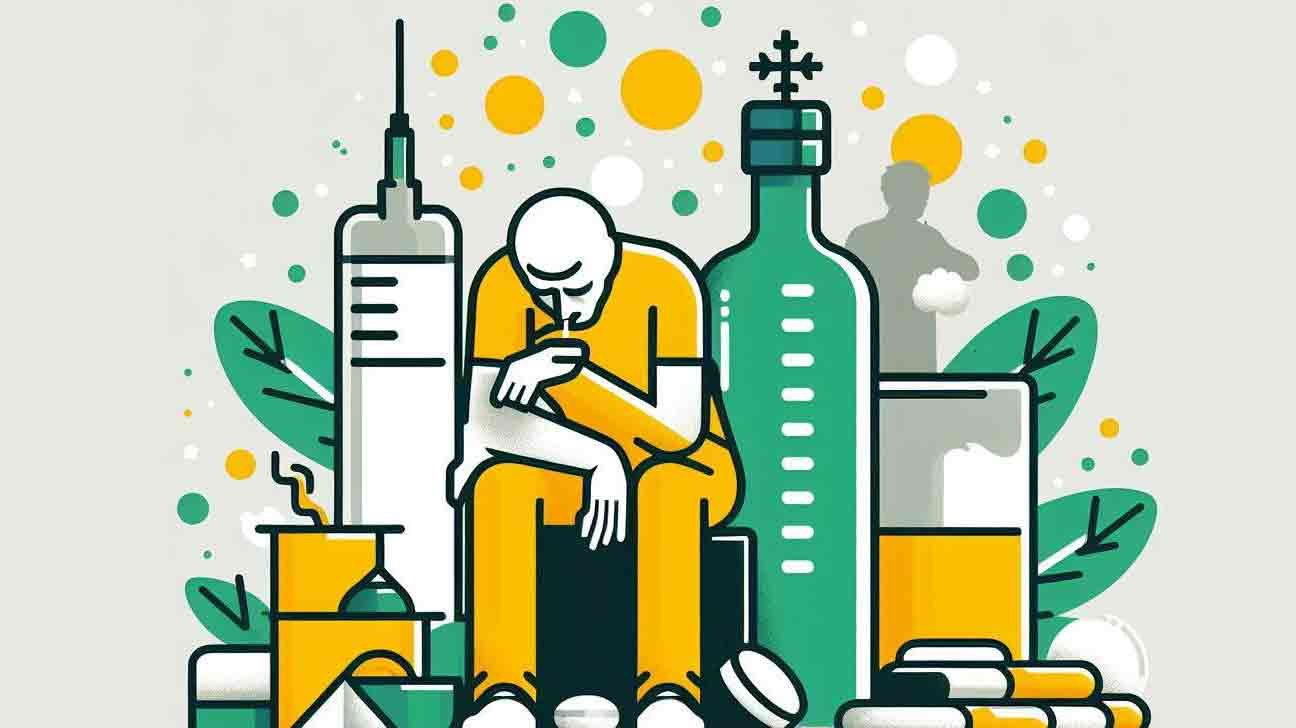
Signs And Symptoms Of Substance Abuse
Understanding the signs and symptoms of substance abuse is crucial for early intervention. Substance abuse can affect anyone, from any background, and it often creeps in silently. Noticing the early signs can be the difference between recovery and chronic dependency. The physical and behavioral changes that surface with substance abuse are important indicators. By recognizing these changes, one can seek help promptly.
Physical Signs
The body often shows the first signs of substance abuse. Physical signs may include:
- Changes in weight (gain or loss without explanation)
- Red or glassy eyes
- Unusual body odors or poor personal hygiene
- Slurred speech, impaired coordination, or shaking
- Skin changes like sores or infections
Behavioral Changes
Behavioral changes can also signal substance abuse. These might include:
| Behavioral Sign | Description |
|---|---|
| Withdrawal | Less interaction with friends or family |
| Performance Issues | Drop in work or school productivity |
| Legal Problems | Arrests or trouble with the law |
| Risky Behaviors | Taking unusual risks, especially when under the influence |
Spotting these signs and symptoms early on can pave the way to support and recovery. Awareness and action are critical to combat substance abuse.
The Cycle Of Addiction
The Cycle of Addiction is a whirlwind of actions, emotions, and thoughts that trap individuals in the harmful habits of substance abuse. It begins with an experimental stage and can escalate to a life-altering dependency. Understanding each phase helps in breaking the chains of addiction and stepping towards recovery.
Experimental Use
The first interaction with drugs or alcohol is often out of curiosity. It’s an exploration without a plan to continue. People may try substances due to peer pressure or for the feeling of euphoria. It’s a voluntary action but comes with consequences. Be mindful, even one try can lead down a risky path.
Regular Use
When substance use gets a routine, the danger zone nears. ‘Just for fun’ turns into ‘needs to have fun.’ Patterns emerge. A drink after work. A pill at every party. Life without the substance seems dull. It’s crucial to recognize this shift early and seek guidance.
Dependency
Dependency is the stage where control slips away. The body craves. The mind obsesses. This phase marks a reliance on the substance just to feel ‘normal.’ It’s a binding chain but not unbreakable. Help is necessary. Treatment is available.
Recovery
Recovery is a beacon of hope. It’s a journey back to health and happiness. This step requires commitment, support, and often professional help. The path to recovery opens the door to a life free of the substance. Every step towards recovery is a victory. Every day clean, a celebration.
Risk Factors For Substance Abuse
Understanding risk factors for substance abuse is critical. It helps in prevention and early intervention. Certain factors increase the likelihood of individuals turning to drugs or alcohol. Let’s dive into these key factors.
Genetics
Your family history plays a part in your risk level. Genes can account for about half the risk for addiction. If close family members have struggled with addiction, you may have a higher chance too. It’s not certain, but it’s a crucial piece of the puzzle.
Environment
- Peer pressure, especially in young people, can lead to substance use.
- Stressful or chaotic home life often contributes to abuse.
- Easy access to drugs or alcohol raises the risk of trying substances.
- Exposure to substance use at a young age can normalize the behavior, influencing future actions.
Mental Health
Dealing with mental health issues is tough. Sometimes, people use substances to feel better. This is called self-medication. Conditions like depression, anxiety, or ADHD make you more likely to try drugs or alcohol. It’s important to seek professional help rather than turning to substances.
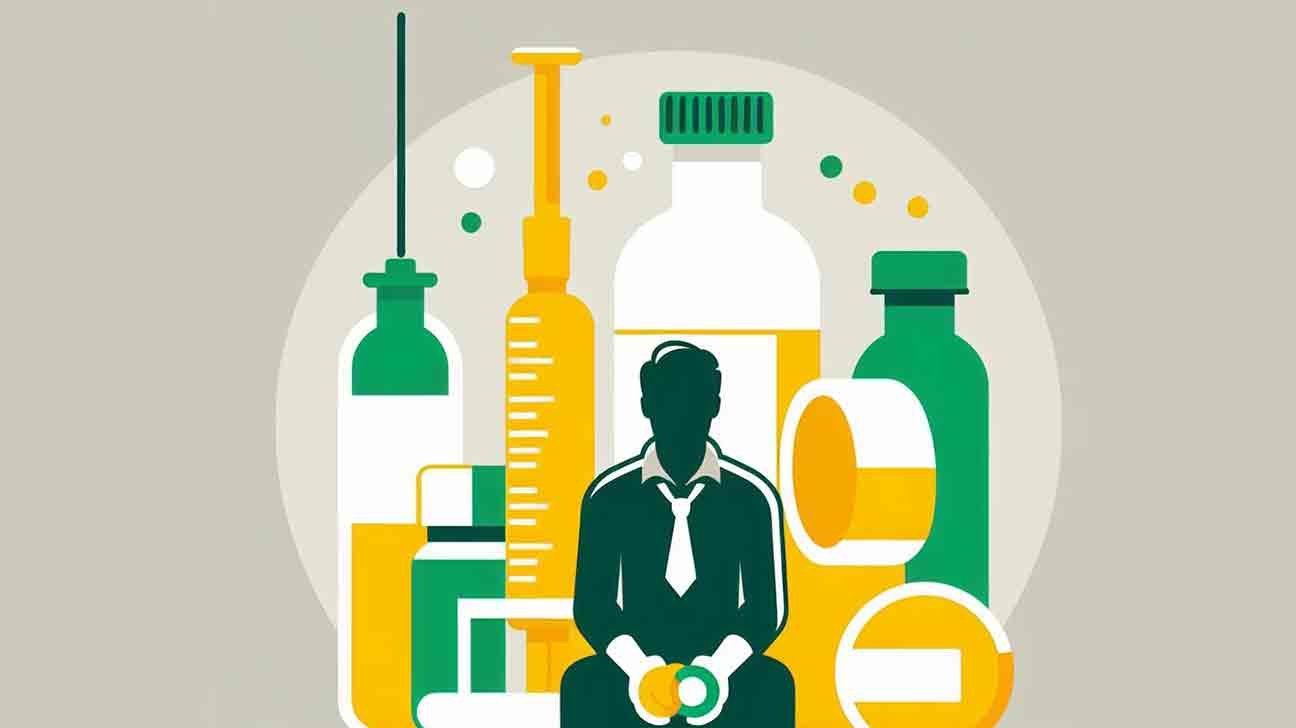
Treatment Options
Exploring various treatment options is crucial for overcoming substance abuse. Understanding these options can empower individuals on their journey to recovery. Below we discuss several treatments proven effective for many.
Detoxification
Detoxification, often called ‘detox’, is the first step in leaving addiction behind. Under medical supervision, the body gets rid of substances. This process minimizes withdrawal symptoms, making it safer and more comfortable.
Important aspects of detox include:
- Medical Evaluation: A thorough check to tailor the detox process.
- Stabilization: Medical and psychological support through withdrawal.
- Preparation for Further Treatment: Detox is just the beginning; ongoing treatment is key.
Behavioral Therapies
Behavioral therapies help modify attitudes towards drug use. Therapists teach coping mechanisms for dealing with cravings and avoiding relapse.
Common behavioral therapies include:
- Cognitive-Behavioral Therapy (CBT): Changing thought patterns to improve behavior.
- Motivational Interviewing: Increasing motivation for change.
- Contingency Management: Incentives for maintaining sobriety.
Support Groups
Support groups provide a community for those recovering from addiction. They share experiences, strength, and hope.
| Group Type | Focus |
|---|---|
| 12-Step Programs | Peer support with structured steps. |
| Non-12-Step Groups | Alternative support without the steps. |
| Therapy Groups | Facilitated by therapists for deeper work. |
These groups play a vital role in long-term recovery and are often combined with other treatments.
Prevention Strategies
Substance abuse poses significant challenges to communities worldwide. Developing effective prevention strategies remains paramount in the fight against addiction. Numerous approaches can contribute to reducing the risks associated with substance abuse. Below are some proven strategies that help prevent the onset and escalation of substance use.
Education And Awareness
Education serves as a foundational tool in preventing substance abuse. Robust educational programs equip individuals with knowledge regarding the consequences of drug use. Here’s how education and awareness help:
- School-based initiatives target young minds early.
- Community workshops provide resources and information.
- Media campaigns raise awareness on a larger scale.
Promoting Healthy Coping Skills
Stress often leads individuals to substance use. Promoting coping skills mitigates this risk. Techniques include:
- Mindfulness to foster a present-focused mindset.
- Exercise promotes physical and mental health.
- Hobbies encourage engagement in fulfilling activities.
Creating Supportive Environments
Supportive environments play a crucial role in prevention. They offer a safety net for individuals at risk. Elements of supportive environments are:
| Environment Type | Key Features |
|---|---|
| Families | Open communication and emotional support |
| Schools | Peer support groups and engaged staff |
| Workplaces | Employee assistance programs and work-life balance |
Resources And Support
Struggling with substance abuse is a challenging journey. But, you are not alone. Many resources and support systems can guide you. Understanding these options can help you or a loved one start a path towards recovery.
Hotlines And Helplines
Immediate help is just a call away. Hotlines and helplines provide confidential assistance. Trained professionals are available 24/7.
- National Helpline: 1-800-662-HELP (4357)
- Crisis Text Line: Text “HELLO” to 741741
Rehabilitation Centers
Finding the right rehab center can be a turning point. Look for accredited facilities with tailored programs.
| Center Name | Location | Contact Info |
|---|---|---|
| Hope Springs | New York, NY | 555-1234 |
| Recovery Road | Los Angeles, CA | 555-5678 |
Online Support Communities
Connect with others who understand your struggle. Online communities offer anonymity and support.
- SoberRecovery Forums: A place to share experiences.
- Reddit Recovery: A community for encouragement.
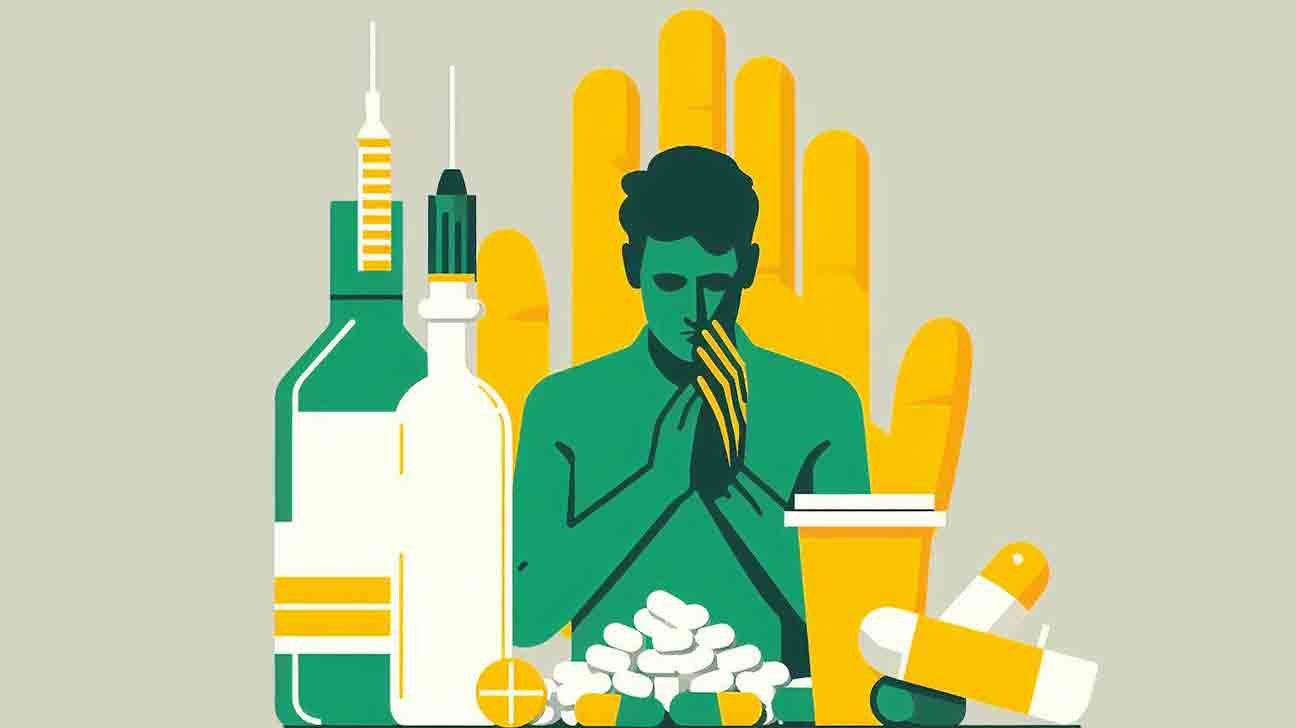
Frequently Asked Questions On Substance Abuse Informations
What Are Common Signs Of Substance Abuse?
Substance abuse often presents with behavioral changes like withdrawal from friends and family, neglecting responsibilities, and engaging in risky activities. Physical signs might include sudden weight changes, poor hygiene, and unexplained injuries.
How Can Substance Abuse Be Treated?
Treatment for substance abuse typically involves a combination of therapy, support groups, and sometimes medication. Each individual’s treatment plan should be tailored to their specific needs, often beginning with detoxification and continuing with long-term follow-up to prevent relapse.
What Causes Someone To Abuse Substances?
Substance abuse can stem from various factors such as genetics, psychological conditions, societal pressure, and stress. Often, it is a combination of these elements that contributes to someone’s dependency on substances, rather than a single cause.
Can Substance Abuse Lead To Addiction?
Yes, regular abuse of substances can lead to addiction. Addiction involves both physical and psychological dependence, creating a compelling urge to use the substance despite harmful consequences to one’s health and life.
Conclusion
Understanding substance abuse is crucial for prevention and recovery. Knowledge empowers individuals and communities to tackle this challenge. Embrace support systems and seek professional help if needed. Remember, recovery is a journey worth taking for a healthier, fulfilling life. Let’s spread awareness and foster healing together.

